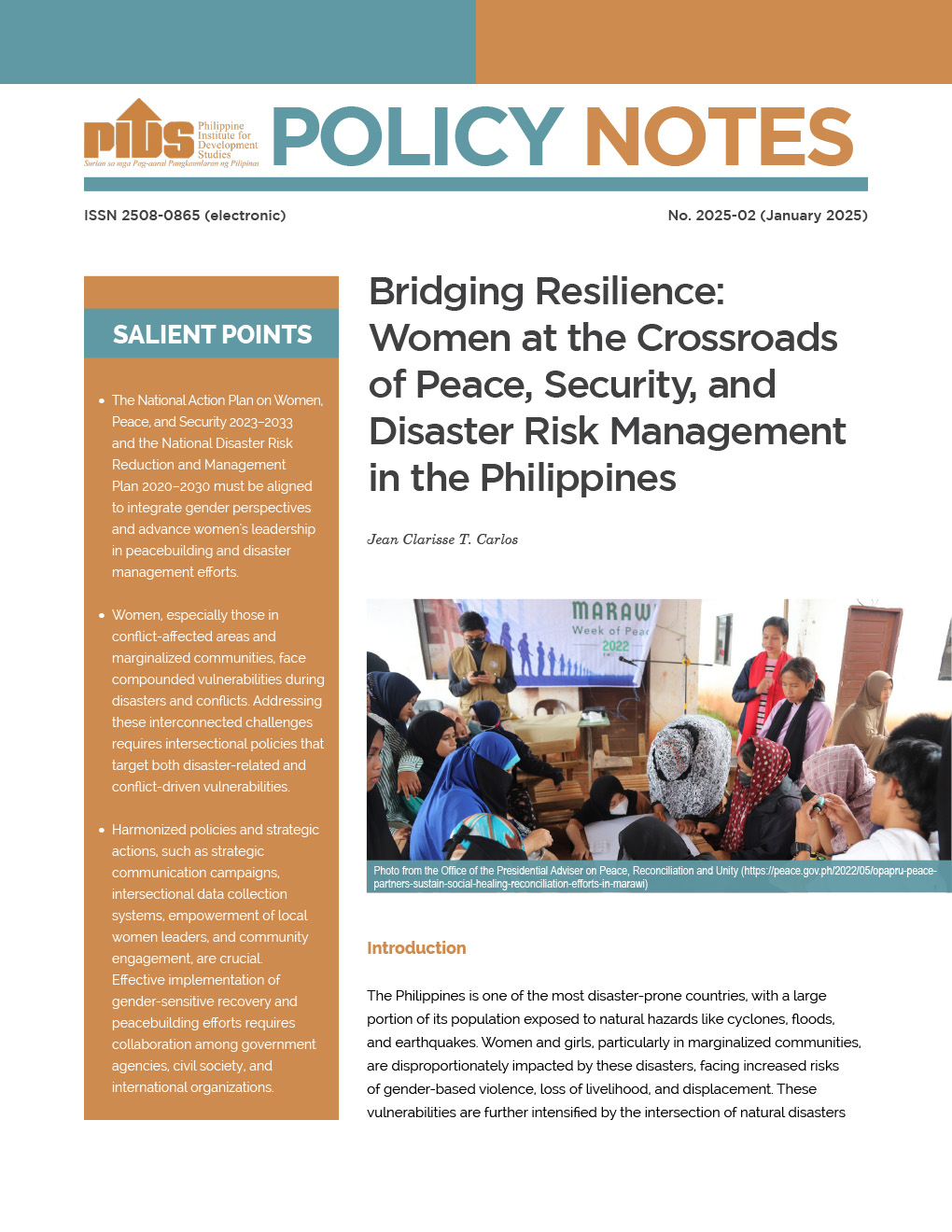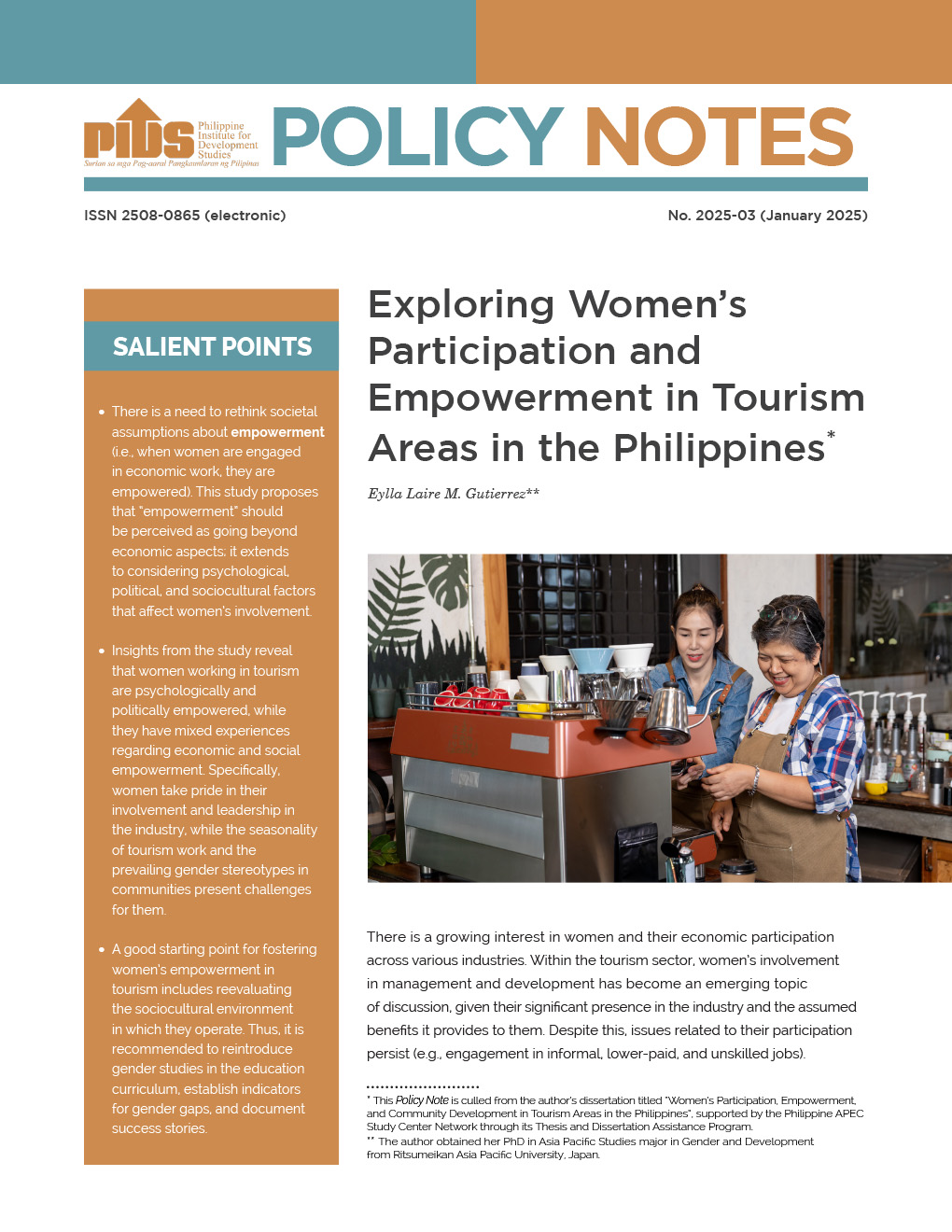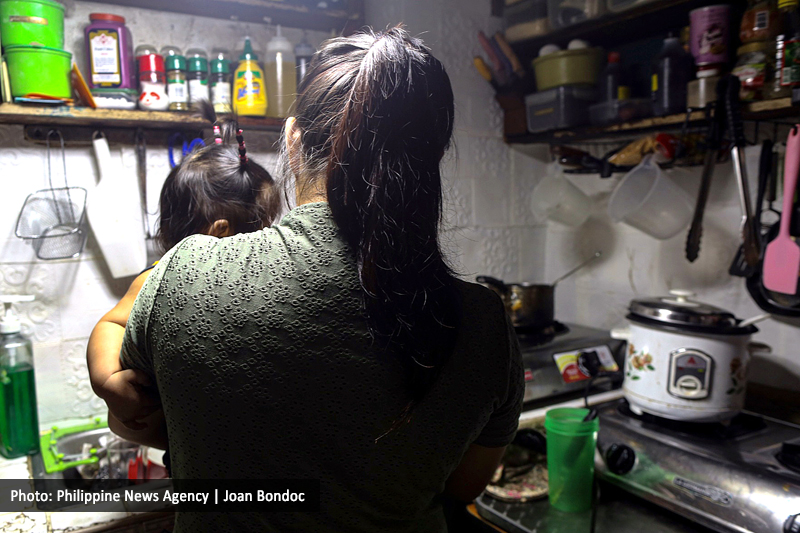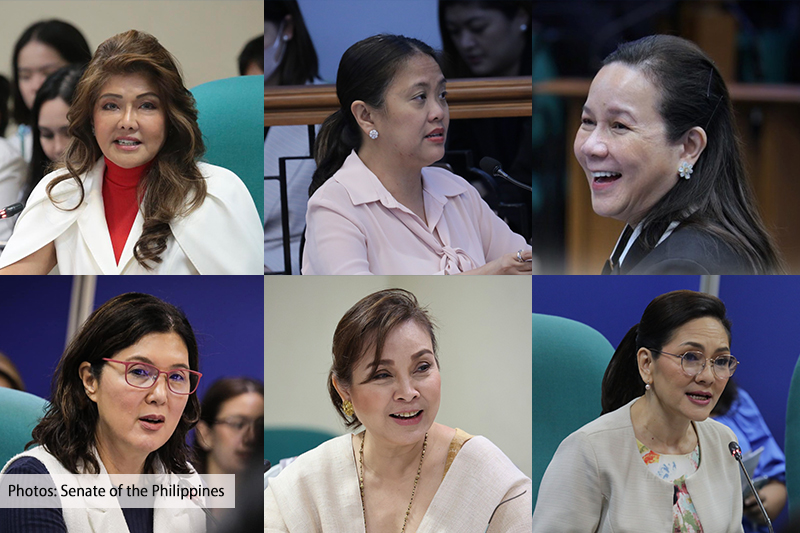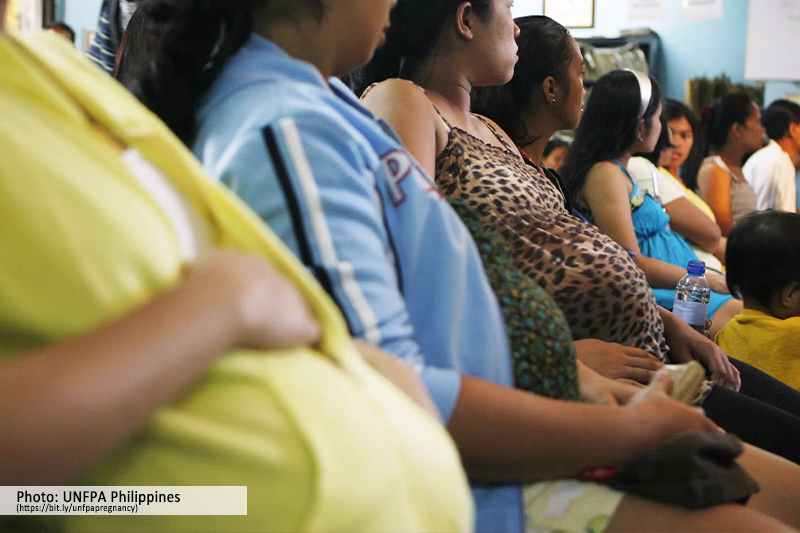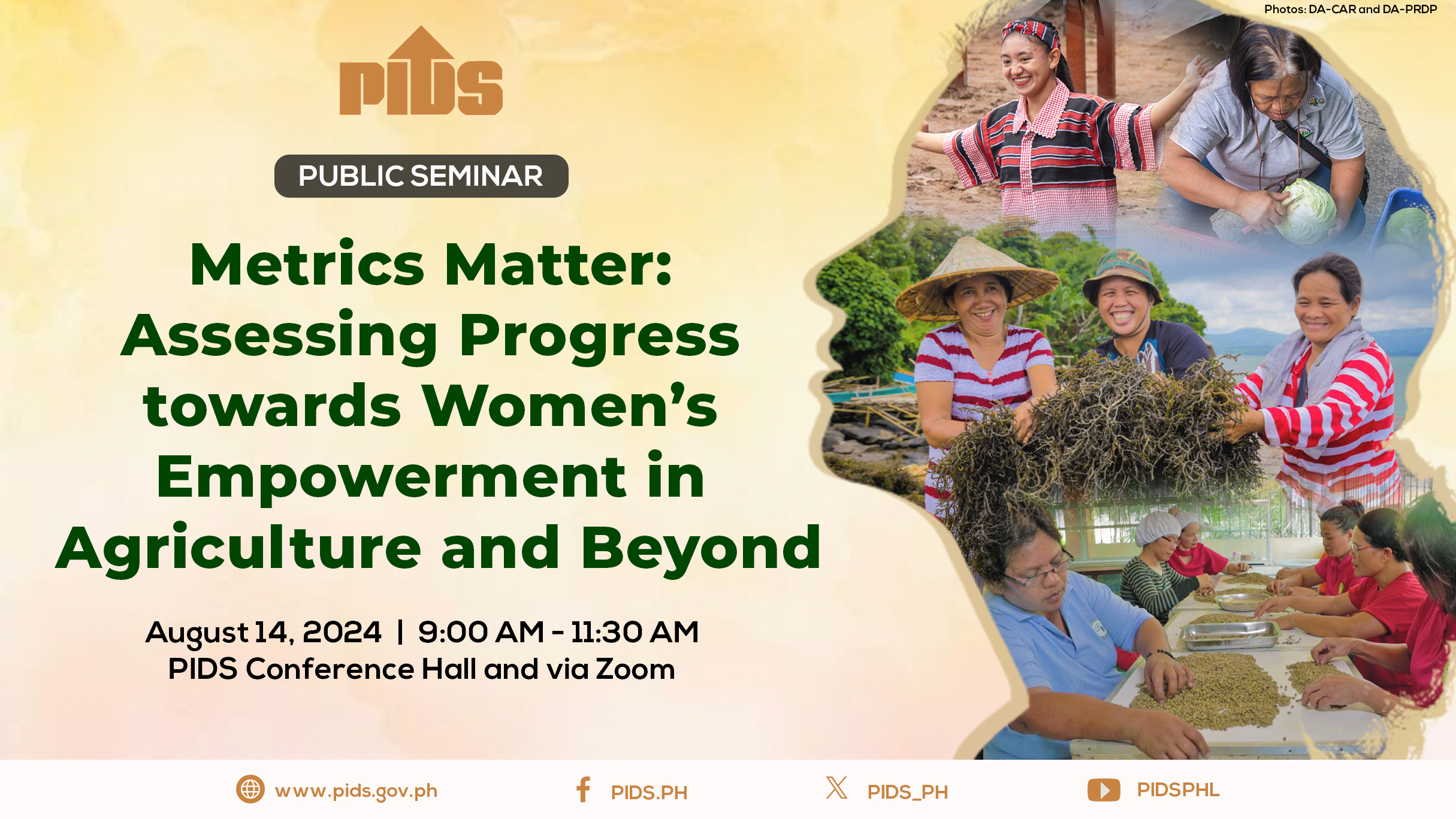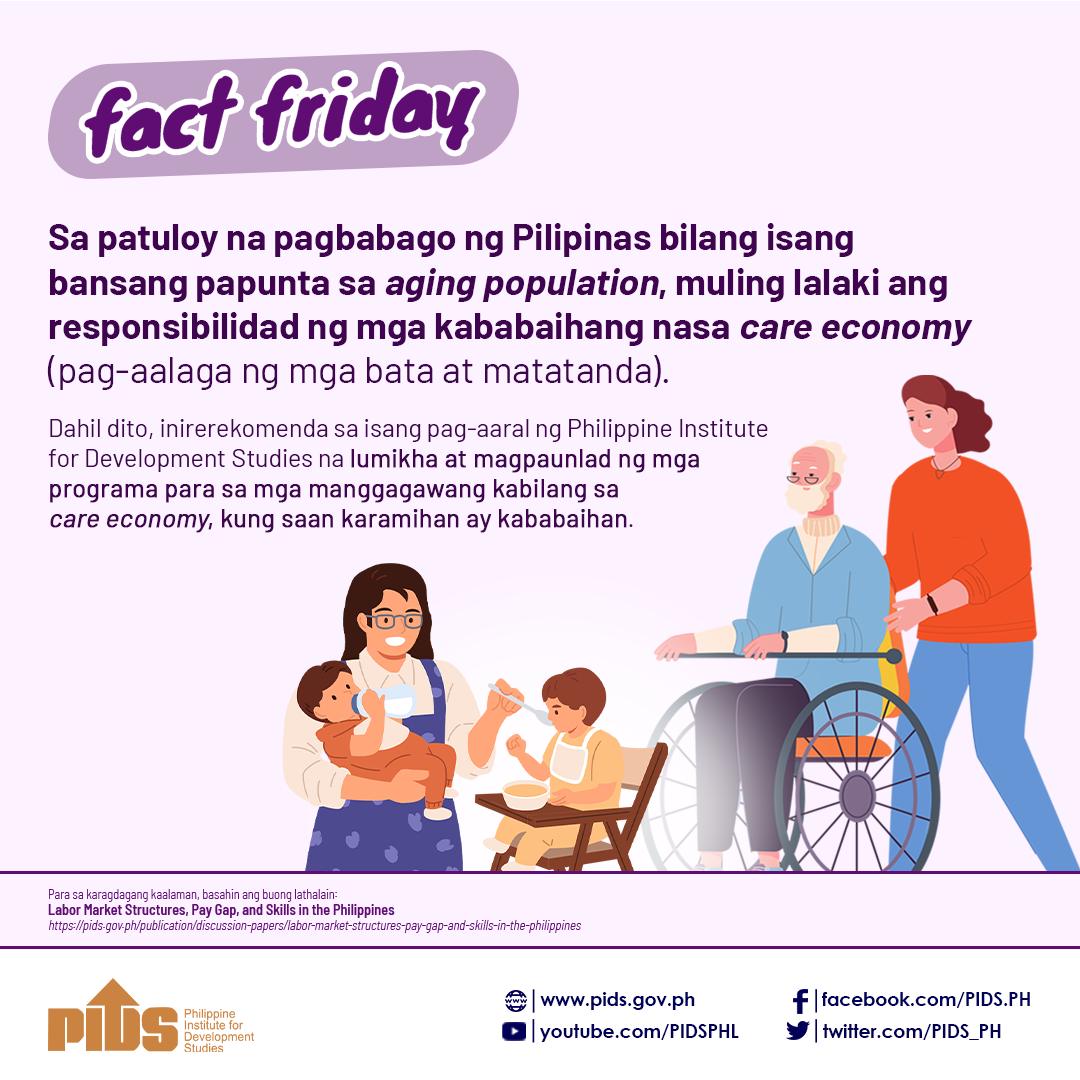By many measures, the Philippines is already a good place to be a woman, placing for example among the top countries where the wide gap between men and women when it comes to opportunities and empowerment is closing.
And yet, even with the Philippines ranking the second best in Asia-Pacific — next to New Zealand — and 17th among 156 countries in the Global Gender Gap Report 2021 of the World Economic Forum (WEF), women here remain at a disadvantage in many areas, preventing them from unleashing their full potential.
The WEF, for instance, noted in its 2021 report that less than half of women in the Philippines are in the job market, plus there is a 22-percent difference between the wages received by men and women performing the same job and a more significant 31-percent income gap between them.
The World Development Indicators Database mirrors these conclusions, finding that only 49 percent of women aged 15-64 are in the labor force, much lower than the 75 percent of men in the same age group.
A 2017 study by the Philippine Institute for Development Studies likewise determined that women are more disadvantaged in terms of vulnerable employment such as self-employment and family work that is often unpaid, underpaid, and overlooked.
Indeed, a separate study by the Asian Development Bank showed that women were hit harder by job losses due to the pandemic than men.
“The massive labor force exits among women are largely a consequence of their greater involvement in the care burden (such as childcare and homeschooling and caring for ill relatives), as has been observed across the world. This was true for all age cohorts in the Philippines and nearly all cohorts in the other countries,” the ADB said.
Employed Filipino women accounted for as much as 44 percent of job losses in the second quarter of 2020, higher than 38-39 percent share in 2019 before the pandemic hit.
Adding to this long list of woes are the findings of the World Bank in its Jan. 10 report on trade facilitation challenges for women traders and customs brokers that bottlenecks such as bureaucratic red tape have held back the ability of women traders to expand beyond the country’s borders and compete in the global market.
ADVERTISEMENT
The World Bank study based on a phone survey among trade firms and customs brokers from June to September 2021 showed that both men and women traders and brokers are hit by delays in the clearing of their goods at the ports as well as drastic reduction in volumes due to the lingering COVID-19 pandemic.
However, the World Bank identified some gender gaps in trading and customs brokerage, including access to information and awareness of regulations, and membership in trade or industry associations.
According to the multilateral lending agency, there are “specific challenges that disproportionally impact women-led firms compared to men-led firms, which demonstrate that there is an opportunity for the government to create policies and initiatives that are conducive to enhancing the environment in which cross-border trade firms and customs brokers operate.”
Fewer women are members of trade or industry associations, for example. And among the traders who are consulted on rules and regulations, more women than men (21 percent vs 15 percent) reported that their feedback was not being taken into consideration thus affecting their participation in crucial discussions that affect the entire industry.
It was thus recommended that the role of women in trade associations and women-oriented associations be enhanced through programs such as workshops and mentoring programs. Another recommendation was to make the regulations clearer and more accessible to women.
“Implementing these recommendations may help to achieve the Magna Carta of Women’s objective of ‘eliminat[ing] discrimination through the recognition, protection, fulfillment, and promotion of the rights of Filipino women, especially those belonging in the marginalized sectors of the society’,” the report said.
Fortunately, a positive policy foundation favoring women is already present and strong enough to build on to achieve the overall goal of closing the gender gap in the Philippines, with the Magna Carta for Women that covered the “right to livelihood, credit, capital and technology” and the Go Negosyo Act, which mandated the establishment of support centers encouraging women entrepreneurship.
The government must leverage on these strengths and also act with dispatch on specific recommendations that will allow women to grab opportunities emerging outside the Philippines, thus helping provide jobs back home and inject more life into the economy hit hard by the COVID-19 pandemic.

